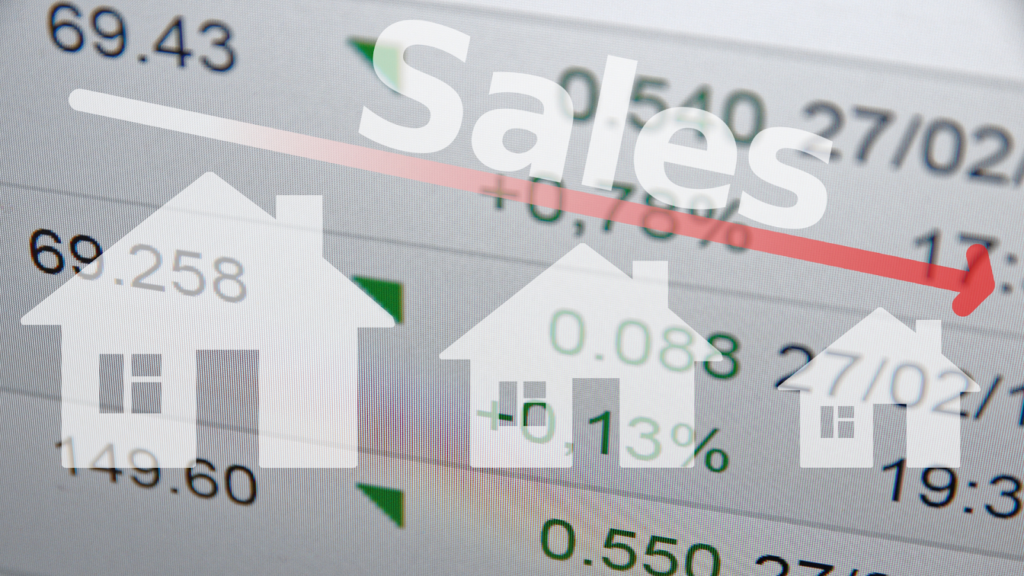Texas Housing Market Trends: What To Expect In 2024
April 9, 2025
Key Takeaways:
- Population Growth: Texas remains a top relocation destination, driving housing demand and property value increases. Higher values may lead to rising tax assessments.
- Urbanization Trends: Mixed-use developments and smart home technology are reshaping real estate. These innovations can raise property values and tax obligations.
- Property Tax Strategies: Rising home values don’t have to mean higher taxes. Icon Property Tax ensures fair property assessments with zero upfront fees.
Is the Texas housing market changing in 2024? Home values are rising, new developments are expanding, and property taxes are increasing. Homeowners and investors need to stay informed to avoid overpaying on taxes.
Here at Icon Property Tax, we help property owners fight unfair tax assessments. Our trusted local tax agents use real market data to challenge high valuations. With zero upfront fees, you only pay when you save—no risk, just results.
This article covers key Texas housing market trends for 2024 and how they impact property taxes. Learn what’s changing and how to lower your tax burden.
Emerging Trends In Texas Real Estate
The Texas housing market continues to evolve, bringing both opportunities and challenges for property owners. Understanding the latest trends is essential not just for buyers and sellers but also for those looking to manage their property taxes effectively. With expert assistance from Icon Property Tax, homeowners can navigate these changes with confidence. Let’s explore the key trends shaping the Texas real estate landscape in 2024:
Population Growth Continues
Texas’ strong economy and job market continue to attract new residents, driving up housing demand and property values in cities like Austin, Dallas, and Houston. While this boosts homeowner equity, it can also mean higher tax assessments. Icon Property Tax’s trusted local tax agents help ensure fair assessments—only pay when you save!
Urbanization And Development
The rapid expansion of metropolitan areas and urban renewal projects continue to reshape the Texas housing market. Mixed-use developments—combining residential, commercial, and recreational spaces—are becoming more common, particularly in cities undergoing revitalization.
Technological Advances In Real Estate
Technology is revolutionizing the Texas housing market, transforming how properties are bought, sold, and assessed for taxation. Virtual property tours, AI-driven property management, and big-data analytics are now commonplace, offering property owners deeper insights into market trends and property valuations.
Focus On Sustainable Living
Sustainability is becoming a key factor in Texas real estate, with more buyers seeking eco-friendly homes that incorporate energy-efficient designs, solar panels, and sustainable building materials. This growing demand is influencing property values, and in turn, property tax assessments.
Navigating Property Taxes In A Dynamic Market
As the Texas housing market evolves, property owners must stay proactive in managing their property tax assessments. Rising property values due to urbanization, technology, and sustainability trends can lead to increased tax burdens if not carefully monitored.
Impact Of Economic Growth On Texas Housing
Texas’ strong economy continues to shape the housing market, influencing property values, taxes, and affordability. As the state grows, homeowners must stay informed about these key factors:
- Rising Property Values and Taxes: Job growth attracts new residents, increasing demand and raising property values. Higher assessments follow, but Icon Property Tax ensures fair valuations to prevent overpaying.
- Increased Construction and Infrastructure Pressures: New developments boost housing supply but strain infrastructure, raising nearby property values. Icon Property Tax helps manage tax increases from growing urban expansion.
- Interest Rates and Housing Affordability: Fluctuating interest rates impact mortgages and property taxes. Rising costs reduce affordability, but Icon Property Tax fights excessive assessments for homeowners.
Economic growth benefits homeowners but can increase tax burdens. Stay protected with Icon Property Tax and keep more of your money.

Analysis Of Current Housing Demand In Texas
The Texas housing market is shaped by its economic strength and population growth, leading to increased housing demand. Understanding the factors influencing this demand helps property owners make informed decisions and manage their tax obligations effectively:
Population Growth And Migration Trends
Texas continues to attract new residents due to its strong job market, lower cost of living, and business-friendly policies. As migration increases, housing demand rises, pushing property values higher and leading to potential increases in property tax assessments for homeowners.
Shifts In Homebuyer Preferences
Modern homebuyers seek sustainable, energy-efficient homes with smart technology and convenience-driven designs. As these features become more desirable, they impact home values, which in turn influence property tax assessments that may not always reflect actual market conditions.
The Role Of Low Housing Inventory
A tight housing supply fuels competition, driving home prices upward and increasing taxable property values. As demand outpaces supply, property owners may see inflated assessments, making it essential to challenge valuations through professional tax protest services.
Economic Growth And Its Influence
A booming Texas economy encourages corporate expansions, job creation, and real estate investments, further increasing housing demand. While this benefits homeowners in terms of equity, it also means higher property taxes unless properly managed with expert assistance.
New Construction And Development Trends
Texas is witnessing a surge in new construction projects, emphasizing sustainability, smart technology, and urban expansion. These trends significantly impact property values and tax assessments, requiring homeowners to stay informed and proactive:
- Sustainable and Green Building Practices: Eco-friendly designs, solar panels, and energy-efficient materials are becoming standard in new developments. While reducing utility costs, these features often increase property valuations, leading to higher tax assessments for homeowners.
- Expansion of Mixed-Use Developments: Cities are prioritizing mixed-use projects that combine residential, commercial, and entertainment spaces. While enhancing convenience, these developments often lead to property reassessments, potentially increasing tax liabilities for surrounding homeowners.
- Smart Home Technology Integration: New homes now feature smart security systems, automated lighting, and AI-driven property management. These modern enhancements boost property appeal but also contribute to higher valuations, impacting tax assessments.
- Revitalization Of Historic Properties: Restoring historic homes is gaining traction in Texas cities, merging classic architecture with modern upgrades. While revitalization preserves heritage, reassessments often follow, leading to increased tax obligations for property owners.
These trends shape Texas real estate, but proactive tax management ensures fair assessments. Partnering with experts helps protect homeowners from unnecessary tax increases.
Texas Rental Market Projections
The Texas rental market continues to grow, fueled by population increases and a strong job market. As more people move to major cities and suburban areas, rental prices are expected to rise steadily. For landlords, higher rental income can be beneficial, but it may also trigger increased property tax assessments. Icon Property Tax ensures that landlords and rental property owners are only taxed based on fair market value, preventing overpayment and maximizing profitability.

Final Thoughts
The Texas housing market is set for continued growth, with rising property values, urban development, and shifting buyer preferences shaping the landscape. While these trends create opportunities for homeowners and investors, they also bring the challenge of increasing property tax assessments. Staying informed and proactive is key to protecting your financial interests. Ignoring rising tax assessments can lead to significant financial strain, especially for long-term property owners.
Frequently Asked Question About Texas Housing Market Trends
What are the top Texas housing market trends for 2024?
The Texas housing market is expected to experience steady growth, with increasing inventory balancing demand. Key trends include urbanization, sustainability, and technological advancements shaping real estate development and property values.
How have interest rates impacted the Texas housing market in 2024?
Interest rates play a crucial role in housing affordability. If rates continue to rise, home sales may slow, but Texas’ strong economy can help sustain demand. Higher mortgage rates can also impact property values, influencing tax assessments.
What are experts predicting for Texas home prices in 2024?
Home prices are expected to see moderate appreciation, particularly in metropolitan areas like Austin and Dallas. However, growth will likely be more sustainable than in previous years, creating a balanced market.
How do Texas housing prices in 2024 compare to the national average?
Historically, Texas home prices have been lower than the national average. However, rising demand and limited inventory have narrowed the gap. Some cities, particularly in high-demand areas, are seeing prices align more closely with national trends.
Are certain Texas cities experiencing different housing trends in 2024?
Yes, different regions are experiencing varied growth rates. Tech hubs like Austin and Dallas are seeing higher demand, while other cities may have slower appreciation. Local job markets, infrastructure projects, and policy changes all impact housing trends.
What role is population growth playing in the Texas housing market?
Texas continues to attract new residents due to job opportunities, lower living costs, and high quality of life. This influx of people increases housing demand, which can drive property values—and property tax assessments—higher.
How will the job market affect Texas housing trends in 2024?
A strong job market, particularly in technology, healthcare, and energy, will continue to support the housing sector. More employment opportunities mean more homebuyers, keeping demand stable.

